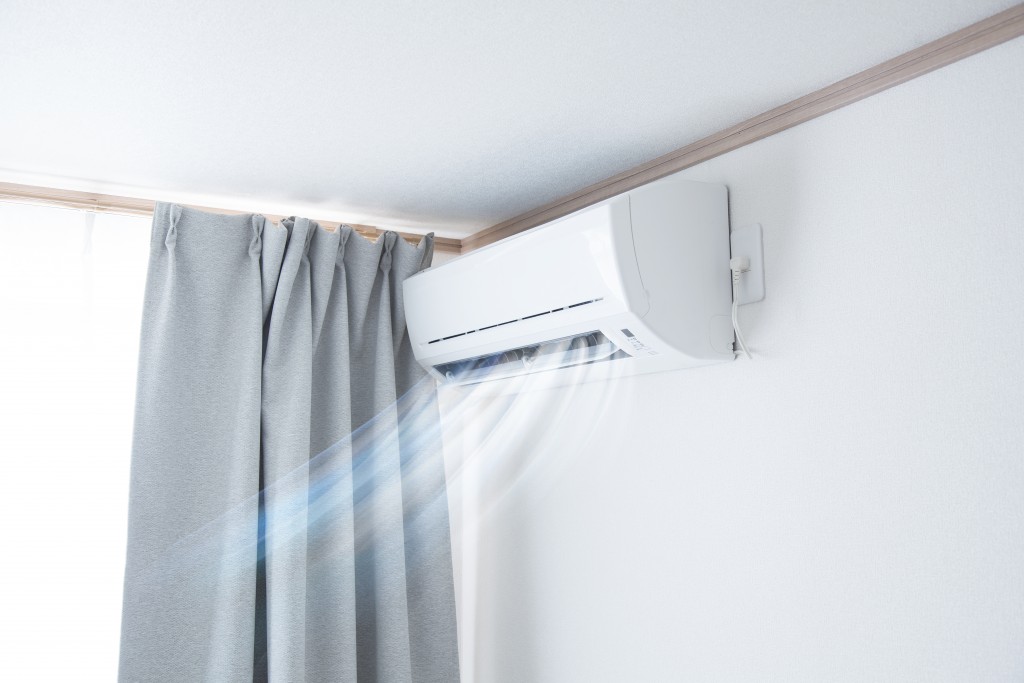Since the early few months of the initial outbreaks of COVID-19, most individuals believed that it was a virus that would be transmitted through physical contact, especially for individuals who are in proximity to each other. After the first outbreaks, scientists would challenge this notion by pressing the World Health Organization. The latter would later admit that COVID-19 was indeed airborne.
Although there are speculations that this will only happen under specific scenarios, most experts in the last few months have been encouraging individuals to stay in a well-ventilated area. But how effective is COVID-19 when it comes to regions enclosed with air conditioning? How does a virulent airborne agent like COVID-19 act in such environments?
With new findings in research and information, more individuals are starting to become skeptical that preventive measures stop the spread of the virus. Since the virus is airborne, what can we do to stay safe?
Does It Spread COVID-19?
Most of the time, air conditioners will come in two types:
- First is that it takes air from outside and circulates it into the room after cooling it.
- The second is merely cooling and recirculating the same air.
As most of us can tell, recirculating air, especially when someone might be infected in the same area, can have dire results. Most establishments will sport a more centralized air conditioning system, which is known for cooling large areas.
Most experts would suggest when a split-type unit is being used, at least one window should be open so that air isn’t recycled. Although this might increase the temperature, this will help mitigate any risks.
What Can You Do?

Despite the high infection rate of the virus, keeping it at bay is still possible. Since the virus’s primary means of transmission is airborne, it’s advised that preventive measures are taken in these types of situations.
- Most establishments would just shut off their air conditioning units that would circulate the air. Windows should be opened, and conventional fans are used in the cooling process.
- Some fans are known for recirculating air; they should be turned off.
- To ensure good air circulation in your area, regular maintenance of ventilation shafts and HVAC systems will need to be checked. Fortunately, there are air duct cleaning services that can ensure that air circulation is optimized. Additionally, this will help ensure that no allergens and disease-causing pathogens will be left suspended in the air.
- Most businesses that don’t necessarily need face-to-face interaction can opt to work from home. Being by yourself or simply avoiding crowded areas can significantly decrease the chances of contracting the virus.
- When you are in establishments such as restaurants or cafes, you mustn’t sit close to air conditioning units.
- Sanitize your hands after handling objects.
- Unless you need essential items and supplies, you should stay at home as much as possible.
Overall, airborne pathogens such as COVID-19 can be tricky to deal with, but it can still be done. The key to having a clean and healthy home is ensuring that your home or business’s air circulation system doesn’t recycle air.
Still, it’s essential to be aware that information regarding COVID-19 is always changing. The best in keeping ourselves healthy is by being open to any new information that gets released by legitimate organizations while also following strict regulations and rules in social distancing.
